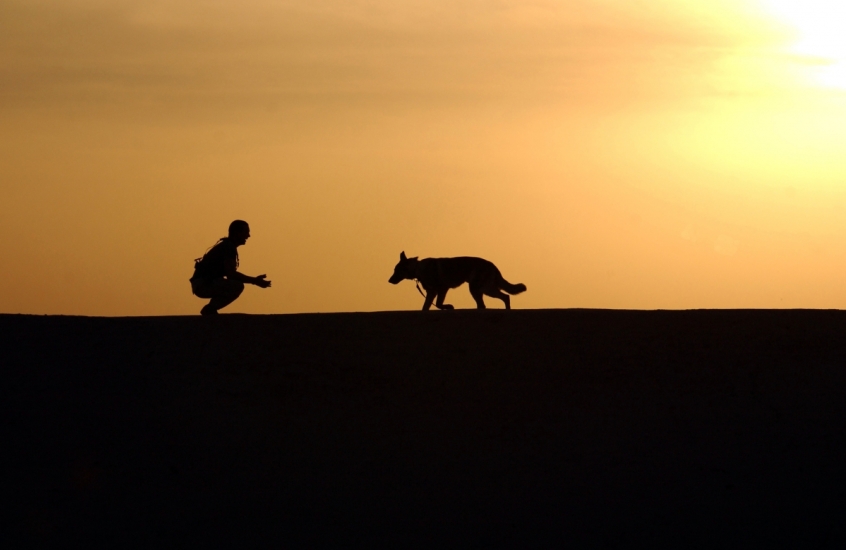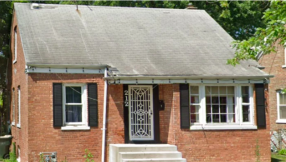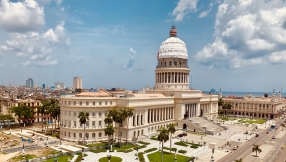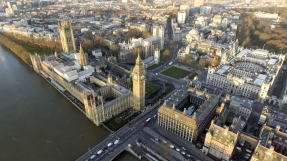
There will be a lot of Anglican bishops whose heads are hurting after their humiliating experience at the church's General Synod this week.
Having presented united support for their latest report on marriage and sexuality, the bishops saw their plans rebuffed – not by a majority of Synod members, but by the fact that one of its three constituent chambers, the House of Clergy, narrowly refused to 'take note' of it.
We all know the seemingly irreconcilable theological positions of those who, on the one hand, believe sexuality to be a matter akin to the civil rights struggle, votes for women and so on – and those who, on the other, believe it is an issue in which the authority of the Bible and people's eternal salvation are at stake.
But there is another under-discussed problem, and it is simply this: what are the bishops, who have been at the centre of this story, supposed to be there for? And what light does that cast on the Church of England's current predicament?
1. Bishops are meant to be shepherds: but are they in danger of letting the sheep lead them?
In the service for a consecration of a bishop, the liturgy declares: 'Bishops are called to serve and care for the flock of Christ. Mindful of the Good Shepherd, who laid down his life for his sheep, they are to love and pray for those committed to their charge...'
The church is not meant to be a democracy – it is meant to be something entirely different. If Jesus, the Good Shepherd, is its head, then bishops are meant to be 'under-shepherds' – leading, nourishing, protecting and guiding their flock.
If the net effect of synodical government as it works today is that these under-shepherds can be harangued and ordered around by more junior shepherds (clergy) and sheep (laity), is it not surprising that things go awry?
2. Bishops are meant to be gladiators: but are they in danger of becoming referees?
The Anglican liturgy also states that bishops are 'guardians of the faith of the apostles' – a phrase which implies valiantly fighting off anything not in keeping with that credo. Elsewhere we read that bishops are 'to teach and to uphold sound and wholesome doctrine, and to banish and drive away all erroneous and strange opinions'. There's a vigour and energy to that last phrase which brings to mind fighting off ferocious exotic beasts.
But in modern Anglican practice, bishops often seem to act more like referees overseeing a contest between two (or indeed more) opposing teams, and trying to keep order by blowing their whistles when things get out of hand. In practice, this pleases neither side, both of whom end up complaining 'we wuz robbed'.
It seems to me, therefore, that any way forward on the issue of sexuality raises wider issues about the theology and practice of church governance. Both look shaky. We need to radically reform the present shape of the episcopacy so that bishops once again fulfil their role and become more like teachers and less like technocrats.
Don't get me wrong – I like bishops! I want to be their chief cheerleader. I'm not talking about particular individuals or seeking to criticise specific people – I am thinking of the system as it seems to have evolved in practice.
So why not be brave, my lord bishops? Re-examine the whole system of synodical government. Are there better ways of listening to the blessed bleating of your flock and liaising with the clergy, your junior shepherds? And then what about recognising the irreconcilable nature of the two positions on sexuality? Why not announce a bold restructuring of the Church of England into two related but distinct organisations – a 'Labour / Co-op solution', if you will?
But above all else, don't listen to the ever-changing winds and waves of popular opinion; certainly don't listen to armchair pontificators like me. (Well, not too much, anyway!) Listen to the chief shepherd, Christ. And let that same Jesus, the incarnate Word, point you to the written Word, Scripture, and back again. Then pastor your people boldly.
As a poem by ML Haskins puts it: 'Go out into the darkness and put your hand into the Hand of God... / So I went forth, and finding the Hand of God, trod gladly into the night. / And He led me towards the hills and the breaking of day in the lone East.'
David Baker is a former daily newspaper journalist now working as an Anglican minister in Sussex, England. Find him on Twitter @Baker_David_A













